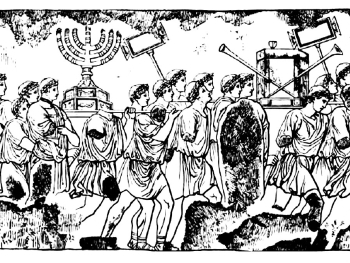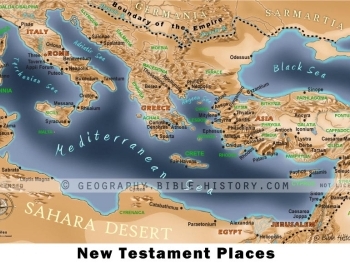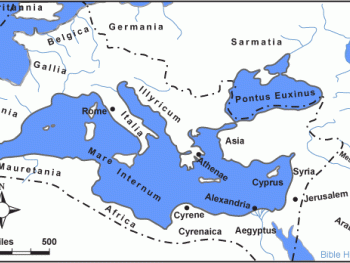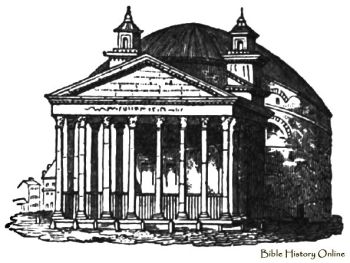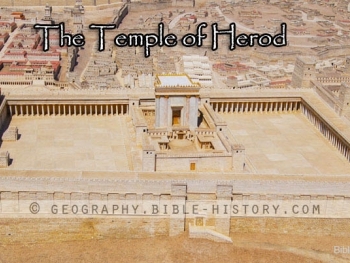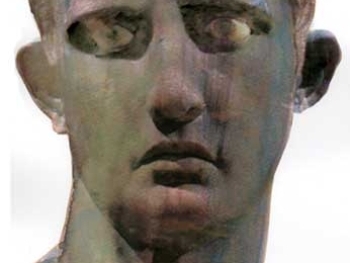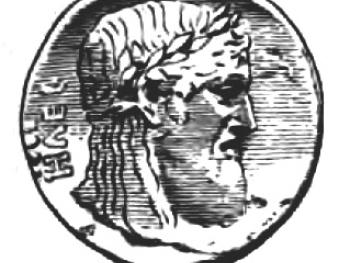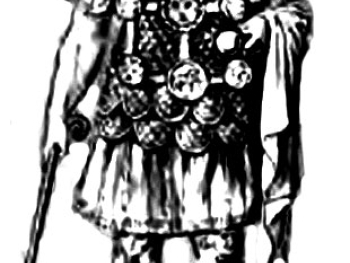The Dead Sea holds several significant aspects in biblical and historical contexts. Here are some key points:
- Geological and Natural Features: The Dead Sea is a saltwater lake located at the lowest elevation on Earth. Its high salt concentration makes it one of the saltiest bodies of water globally. The unique mineral content of the Dead Sea's waters and mud is believed to have therapeutic properties.
- Historical and Cultural Significance: The Dead Sea and its surroundings have historical and cultural relevance. It is mentioned in the Bible, referred to as the "Salt Sea" (Genesis 14:3), the "Sea of Arabah" (Deuteronomy 3:17), and the "Eastern Sea" (Ezekiel 47:18). The cities of Sodom and Gomorrah were believed to have been located in the vicinity of the Dead Sea.
- Biblical Allusions: The Dead Sea is associated with the story of Lot's wife. According to Genesis 19:26, as Lot and his family were fleeing the destruction of Sodom and Gomorrah, Lot's wife looked back and was turned into a pillar of salt. While the exact location is uncertain, the proximity of the Dead Sea to the ancient cities has led to its association with this event.
- Archaeological Discoveries: The region surrounding the Dead Sea has been a treasure trove for archaeological finds. The discovery of the Dead Sea Scrolls in the mid-20th century, in the nearby Qumran caves, has provided valuable insights into ancient Jewish religious and literary texts.
- Tourism and Recreation: The Dead Sea's unique properties, including its buoyancy due to high salt concentration, attract tourists from around the world. Visitors often engage in floating on its waters and applying its mineral-rich mud for skincare purposes.
The Dead Sea serves as a physical and historical reminder of biblical events, the rich cultural heritage of the region, and the natural wonders found in the world. While its significance extends beyond the Bible, its association with biblical narratives adds a layer of spiritual and historical meaning to this remarkable body of water.
